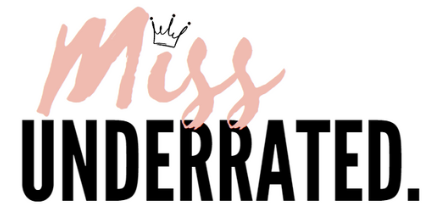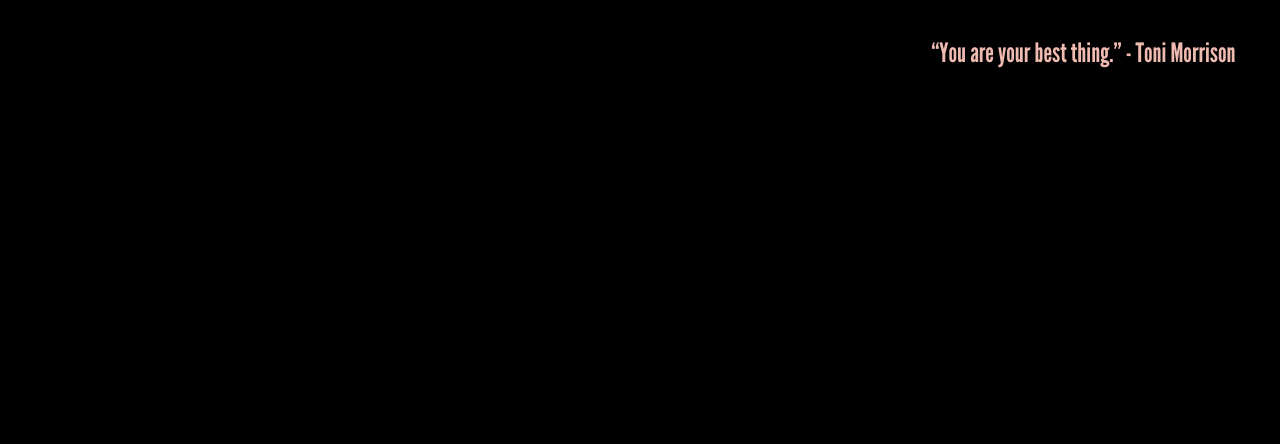When we’re in school, friendships are unitary—like a 12-in-one package.
The same friend you eat with is the one you play with, sit beside, vent to about your annoying teacher, and tell when your brother’s getting on your nerves. They’re the one who knows about your crush lending you a pencil.
Statistically speaking, we’re around these people more than our own families.
And it doesn’t change much in college. Your roommate might also be your classmate, your study buddy, your ride-or-die. Nearly 24/7.
But over time, our environments shift. We grow—mentally, emotionally, spiritually—and we start keeping or choosing friends who fulfill a specific need that’s vacant.
Your BFF from childhood might still hold your heart but no longer your schedule. Your work buddy may not hang out with you after 5 p.m. if they don’t see you as their “social friend.” Your roommate might not open up emotionally if they’ve already got someone else they turn to for that.
We all have to stay aware of how much we give and how much we gain in each relationship. It’s hard to admit, but easy to feel, when a dynamic changes. When one person outgrows the other. It’s a growing pain—an ache that feels both new and familiar.
And some folks? Some are leeches. Whether they mean to be or not.
Just like your body begs for rest after a marathon, your mind and spirit crave distance after enduring a one-sided friendship.
But it’s not always on the “taker.” We have to remember: our cups aren’t translucent. If we’re constantly pouring into someone, there’s no way for them to see how much we have left to give. They can’t hold us up to the light and check our levels.
That’s on us. Maturing means identifying these imbalances, having the hard conversations when needed, and following through with actions that match.
Eventually, they’ll understand—when the stream turns to a trickle, or when they notice their half-full cup keeps leaving you half-empty.
Boundaries—beyond the therapy buzzword—are what draw the line between what’s acceptable and what’s not, what we want and what we need.
And if you’re giving more than you’re taking? That should feel like stepping over your own boundary. You owe it to yourself to build a circle that feeds the parts of you that need it most. That has to be the priority.
Now don’t get me wrong—reciprocity is the goal. But I do believe in giving to the “takers” when we can. That’s how leaders are made—through mentorship, coaching, parenting, siblinghood.
But. And this has to be a stern but:
You’ve got to move forward, too. Just like on planes—when they tell you you’ve got to put your own oxygen mask on first—you can’t help anybody if you’re gasping for air.


Leave a Reply